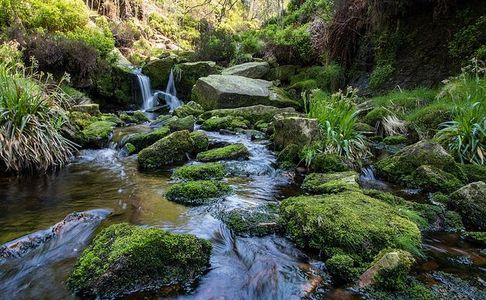 The sky felt quiet. Blue and wide, it was bright, but like a voice underwater, muffled and blurry. Far, far away. Enclosing Mom’s hand in mine, I tucked it into the crook of my arm as we followed the path along the river. I placed my feet carefully, the crunch of gravely sand loud in my ears. The Napa River rolled slowly to our right, a black ribbon tracing its path downstream as we headed up. The water flowed dark, this river Dad had known for eighty-four years. Light filtered through the crooked oak and bay trees, bouncing back off the water, shards of glass shattered on a black tile floor. Vines of plump blackberries twisted around poison oak near the riverbank. The purple berries glistened in the sunlight alongside the blood-red thorns, and I remembered the summer I was fourteen, the wonder of plunging my hands into the immense tangle of blackberry bushes I’d discovered behind Noni’s leaning barn. Dad said they’d been there forever, back when he was a fatherless barefoot ten-year-old, missing school because there was no one else to drive the tractor on the family ranch. He couldn’t see over the steering wheel without standing up. Weary cabins and mobile homes bore silent witness on our left, but Mom and I kept our gaze right, always right, on the river and the cold blackness as it flowed away from us. Soon we would reach the old stone bridge, which Dad and I used to cross when we’d go for a drive along the winding roads tucked into soft green Napa hills, hidden lanes lined with fences made of stone. Weeds grew over the rounded rocks that had toppled out of place. On the riverbank, bushes trembled with the fluttering wings of invisible birds, and I wondered if watercress grew in rivers the way it used to flourish in the creek behind Noni’s prune orchard. On that warm summer evening so long ago, Dad led me and my brother and our border collie through the creekbed, showing us the watercress and explaining that the rounded leaves were edible as salad. We trudged home through the cow pasture, the sweet-smelling grass brushing our pant-legs. Where light shone through the ceiling of trees, bugs as light as air floated in spirals, around and around, in a hurry after things I couldn’t see. A lip of water flapped against the river’s bank, against a rock, then against a fallen tree with a gentle slapping sound. My skin felt the heat, but the sun didn’t warm me. With my mother’s hand pressed against mine in our vacant world, silent, forever-empty now without my father, we followed the path upstream, along the river. 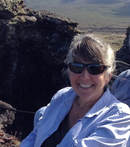 Sue Granzella teaches third grade in Northern California. Her writing has been recognized as Notable in Best American Essays, and she has won numerous prizes in the Soul-Making Keats Literary Competition, a contest for which she is now a judge. Sue has won the Naomi Rodden Essay Award and a Memoirs Ink contest, and her writing has appeared in Full Grown People, Gravel, Ascent, Citron Review, Hippocampus, Crunchable, and Lowestoft Chronicle, among others. More of her writing can be found at www.suegranzella.com
0 Comments
There is a small, secret bump on the palm of my right hand that nobody knows about but me. It’s invisible unless you squint, untouchable unless you know what you’re feeling for. I am not sure whether it is a scar or a half-formed pimple or a deformity maintained by a couple persistent skin cells, but it has been there as long as I can remember any part of my body being there. Perhaps even longer. I get the feeling that this is something I should be worried about or ashamed of, but it’s just a tiny bump, and I find myself seeking it out every so often with my thumb--just to make sure it is still there. When I go to the beach nowadays, I spend most of my time on land: scrambling across rocks, peering into tide pools, picking up bits of kelp and threading the rubbery strands through my fingers. I used to be a total water kid. I wanted nothing to do with the sand and sun, instead spending my time bobbing up and down with the motion of the waves and seeing how long I could hold my breath. Now, though, I tend to want to keep dry. So I sit just at the edge of the ocean, on a rock or piece of driftwood, and trace the jagged edges of barnacles still wet from low tide. There’s something familiar about these tiny bursts of roughness that reminds me of a loose tooth, that makes me think of bodies and the parts of me that are not really me at all. Where do you draw the line between foreign and intimate? Do barnacles know that they are separate from the logs that hold them? I would like to think of my body as an ocean. I imagine that would make a lot of things easier--my fear of drowning, my constant staring into the mirror. I would like to touch a palm to my hand and feel the soft curve of myself interrupted by something that cannot exist without me, that cannot be known by anyone else at all. 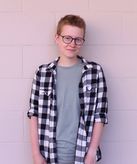 Ari Koontz is a queer non-binary artist with a degree in creative writing from Western Washington University. In poetry and prose, Ari grapples with identity, truth, and the sheer beauty of the universe, and is particularly fascinated by birds, stars, and other forms of light. You can find more of Ari's work at http://arikoontz.com or follow them on Twitter @paigerailstones I want to meet the pig who saved my life. You, pig, were dead before I plunged your fluid under my skin. You were already slopped lifeless on the muddy ground when those wily Canadian researchers extracted your pancreatic glands and sucked your fat dry. You had exhaled your last squeal, projected your final porcine pleas before we could make awkward eye contact and I could thank you. I think of you nosing through the spatter in your trough when my blood sugar drops, when I am fisting cold spaghetti into my mouth because I do not have the strength to open the juice container. I think of you when I cannot find my gas station muffin and can of soda because hypoglycemia has blurred my vision and I cannot see my counters, my sink, my very own hooves. I think of you flopping, rolling dryly in the sun when my blood sugar rises and I need that fix. I think of you when I need your pulp to rehydrate me, when I need your identical properties to fill the sad, drooping balloons of my desiccated veins. I think of you engaging in an unrequited love affair with a much slimmer pig — one who does not appreciate your life-saving qualities, an unforgiving swine who thinks you make too many barn messes and cannot control your political impulses—when I am romping in the beds of future ex-lovers. I think of your rejection when the people I have turned into mistakes do not understand how blood sugar levels affect moods, relationships, existence. If we had met, if I had gotten the opportunity to feel the bristle of your rind under my thankful hand, I would have asked you to dinner. I would have dressed you up, I would have leashed you to my wrist, and we would have eaten anything we goddamn well pleased. I would have refused to count the carbohydrates in the bread basket, I would have made you tongue the tomatoes off my plate, and I would have let you snort black pudding off my bruised, bloody abdomen. We would have glanced at one another before I injected your parts into my own. We would have laughed gleefully from across the table, not caring about stares, judgment. I would have stroked your jowl in those final moments, synchronized my breath to your sacrifice. I would have stared through the anterior chambers of your withering brown eyes, felt your Kantian spirit exit your shank and fade into the annals of modern medicine, into the depths of my insulin-starved soul. I would have thanked you, pig, thanked you for being so much like me. I would have thanked you for allowing me to consume you whole.
I watched a news special once, a man who ran into a burning house that held what used to be his wife. Stupid, I said. What a waste, I said. My father, who once threw a trash can full of fire. My father who went to Russian boy scout camp and learned to tie nooses, not slipknots. My father who offers heady, perfumed words to my mother as if she’s an altar. My father would char, happily. My sister and I would be left to help ourselves to the crumbs of their love. It doesn’t hit. Licks up Florida’s inner thigh, brushes Sarasota with its nose, and veers instate. They don’t know this. Their power goes, a flickering, and then, a submersion. I imagine them holding their breath, orbiting their phone lights, moving a thimble and chrome dog around the cardboard. Cocooned by box springs, sixty-two and fearless. Katerina Ivanov is a Mexican-Russian poet and writer, originally from northern Florida. She has been published in Bird’s Thumb, The Nashville Review, Going Down Swinging, and Dialogist. She lives and writes in a little pink house in Jamaica Plain, and will begin her MFA in the fall.
|
FLASH GLASS: A MONTHLY PUBLICATION OF FLASH FICTION, PROSE POETRY, & MICRO ESSAYS
Categories
All
Cover Image: "Verano"
|
|
Glassworks is a publication of Rowan University's Master of Arts in Writing 260 Victoria Street • Glassboro, New Jersey 08028 [email protected] |
All Content on this Site (c) 2024 Glassworks
|

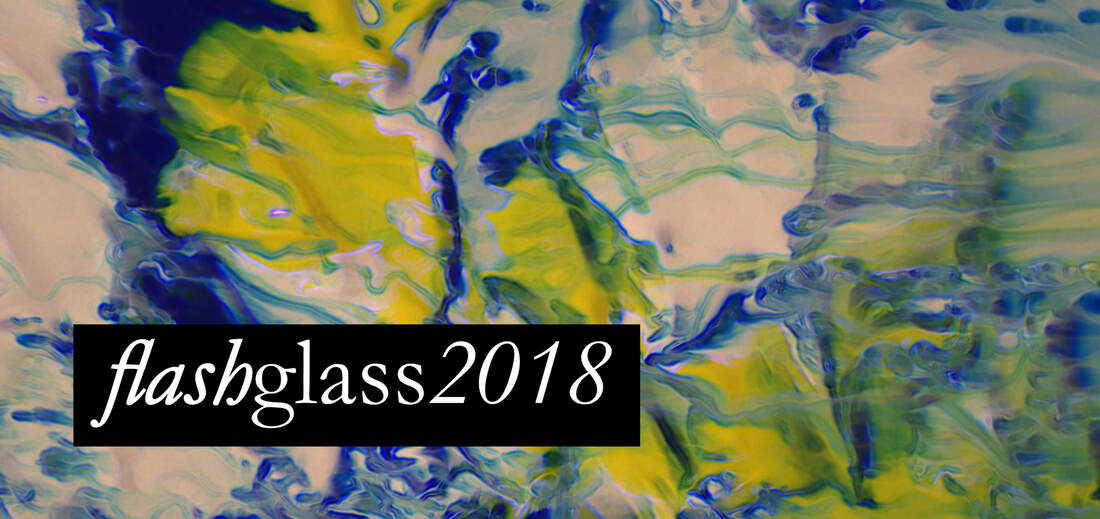
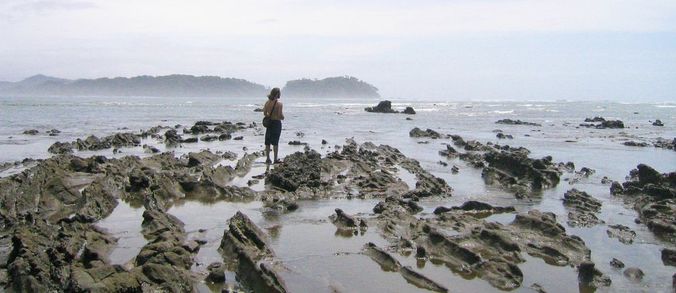




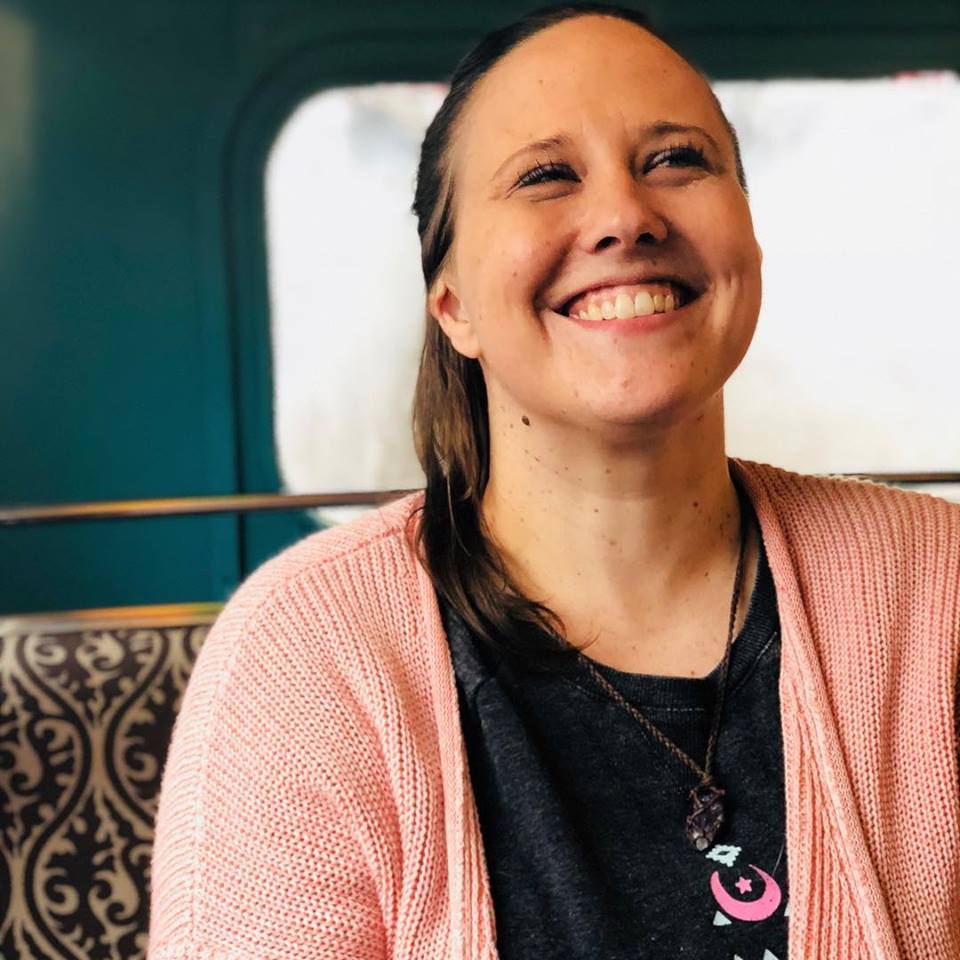
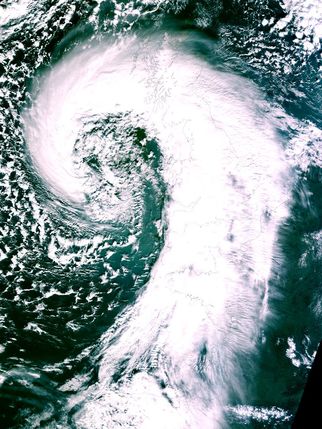
 RSS Feed
RSS Feed
